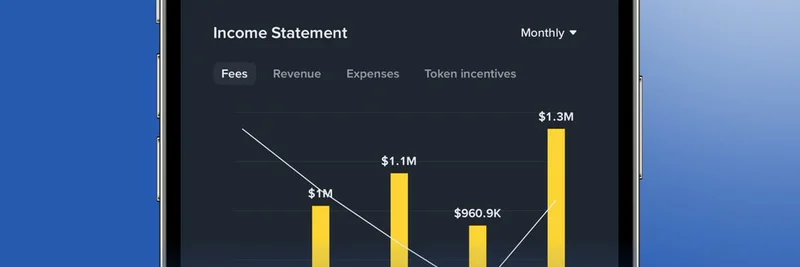Hey crypto enthusiasts, if you've been scrolling through X lately, you might have caught this alert from BSCN Headlines: Coinbase Europe Limited (CBEL) has reached a settlement with the Central Bank of Ireland, agreeing to cough up a hefty €21.5 million fine. This stems from some monitoring obligation slip-ups tied to coding errors back in 2021 and 2022. As someone who's covered the ins and outs of crypto at CoinDesk and now diving deep into meme tokens here at Meme Insider, let's unpack this news and see what it really means for the blockchain world, especially if you're trading those viral meme coins.
What Went Down with Coinbase Europe?
So, picture this: Coinbase, one of the biggest names in crypto exchanges, has an arm in Europe called CBEL that's registered in Ireland to serve folks across the continent. As part of their duties under anti-money laundering (AML) and counter-terrorist financing (CTF) rules—basically, regs that help prevent bad actors from using crypto for shady stuff—they're supposed to monitor transactions closely. But in 2021 and 2022, some technical glitches in their system meant not all transactions got the full scrutiny they should have.
According to Coinbase's own blog post, these were inadvertent coding errors in their Transaction Monitoring System (TMS). The TMS is like a watchful AI that scans for suspicious patterns using specific "scenarios"—think red flags like unusual transaction volumes or patterns that might hint at money laundering. Out of 21 scenarios, five were partially affected by three coding bugs, causing things like crypto addresses with special characters to slip through the cracks.
The good news? Coinbase spotted these issues themselves through routine checks, fixed them in just a couple of weeks, and then went back to re-review about 185,000 out of 97 million transactions from that period. This led to filing around 2,700 Suspicious Transaction Reports (STRs) with Irish authorities, covering transactions worth €13 million. Importantly, these reports are based on suspicions, not proven crimes—the settlement even notes that neither side is claiming actual illegal activity occurred.
The Central Bank of Ireland (CBI) wrapped this up with the €21.5 million fine, based on CBEL's average annual revenue of €417 million from 2021 to 2024. It's a big number, but Coinbase is framing it as a step toward stronger compliance. As they put it: "Our goal has always been and will always be to build the most trusted, compliant, and secure platform in the world."
Why Coding Errors Matter in Crypto Monitoring
Let's keep it real—coding errors sound like a tech oopsie, but in the regulated world of finance, they're a big deal. AML compliance isn't just bureaucracy; it's about keeping the ecosystem clean so legit users, like meme token traders, can operate without extra hassle. If platforms like Coinbase mess up monitoring, it could invite more regulatory heat, which trickles down to everyone.
In this case, the errors didn't touch all parts of their system—16 scenarios worked fine, and other controls were in place. But the partial screening meant some transactions weren't fully vetted at the time. Post-fix, Coinbase beefed up their testing and oversight to avoid repeats, adding new scenarios to catch evolving risks. For more on the regulatory side, check out the Business Post's coverage, which highlights how this fine underscores Ireland's push for stricter crypto oversight.
Implications for Meme Token Traders and the Broader Blockchain Scene
Now, tying this back to our focus at Meme Insider: How does this affect the meme token game? Meme coins thrive on hype, quick trades, and sometimes volatile patterns that could trigger those monitoring scenarios. If exchanges like Coinbase tighten up due to fines like this, it might mean more scrutiny on high-volume or unusual trades—think pumping a dog-themed token during a viral moment.
On the flip side, stronger compliance builds trust, which is crucial for mainstream adoption. Meme tokens are already navigating regs in places like the EU with MiCA (Markets in Crypto-Assets) rules rolling out. This settlement shows regulators aren't playing around, so traders should stay informed. If you're building or investing in meme projects on blockchain, consider how robust monitoring can protect against exploits or laundering risks that could tank a token's rep.
Events like this also spotlight the need for devs to double-check code—after all, a simple bug can lead to million-euro headaches. For blockchain practitioners, it's a reminder to prioritize compliance tools in your tech stack.
Final Thoughts
This Coinbase saga is a classic example of how even giants in crypto aren't immune to tech slip-ups, but it's also a story of accountability. By settling and enhancing their systems, Coinbase is signaling they're in it for the long haul. Keep an eye on how this influences EU crypto regs, especially if you're knee-deep in meme tokens. For the latest scoops, follow us at Meme Insider, where we break down the memes, the tech, and everything in between. What's your take—does this make you rethink trading on big exchanges? Drop your thoughts below!

